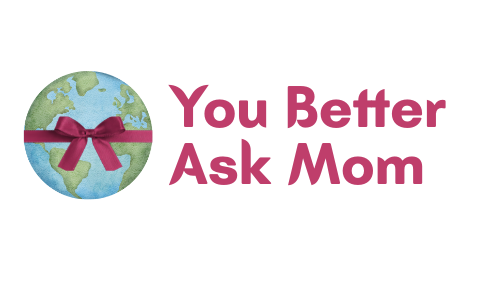
Understanding the Fight or Flight Response in Kids
As parents, we often feel the weight of our responsibilities—balancing deadlines, playdates, and dinner preparations can feel overwhelming. This chaos can trigger a well-known biological response: the fight or flight reaction. This isn't just a primal instinct; it's a neurological response that can have a profound impact on how our kids behave, especially when they feel stressed or overwhelmed.
Recognizing Signs of Stress in your Child
When children are overwhelmed, their reactions can mirror those of adults, diving into controlling behaviors, sudden outbursts, or conversely, withdrawal. For example, if your toddler is suddenly argumentative, it could be a manifestation of anxiety, as discussing underlying emotions might feel unsafe or threatening to them. These behaviors often stem from their nervous system being on high alert.
Why Do Kids React This Way?
The pathways in our brains developed due to previous experiences influence how we respond to stress. Kids—especially those who are neurodiverse or have experienced trauma—can have their fight or flight response activated more easily. This means that in scenarios where they might feel a loss of control, like unexpected changes to their day, you might see behaviors such as sudden mood swings or defiance. Understanding this context helps us respond, not react.
Managing Your Child’s Responses: Practical Tips
Before jumping into discipline, it's crucial for us as caregivers to center ourselves. When a child's behavior seems challenging, take a step back and recognize that they might be overwhelmed by their emotions. Here are a few strategies to help:
- Stay Calm: Regardless of your child’s behavior, give yourself a moment to breathe. Remember, it’s not a personal attack but a survival response.
- Emphasize Connection: Focus on re-establishing a connection with your child, allowing them to feel safe. Whether through reassuring words or a gentle touch, help them de-escalate.
- Facilitate Emotional Expression: Encourage open conversations about feelings during calmer moments. Use relatable contexts or storytelling to help them articulate their experience.
The Value of Understanding Stress Reactions
Recognizing the fight or flight response is essential not just for the well-being of our children, but also for our own mental health as parents. When we are more aware of our kids' stress responses, we can approach situations with empathy and practical wisdom, creating a more harmonious environment. Taking this step can lead to better communication patterns within the family unit, easing tension and building stronger connections.
Understanding their behavior can transform family dynamics. It's vital to provide emotional support and cultivate an environment where children feel secure expressing their emotions. This approach not only benefits children but also enhances parent-child bonding.
 Add Row
Add Row  Add
Add 




Write A Comment